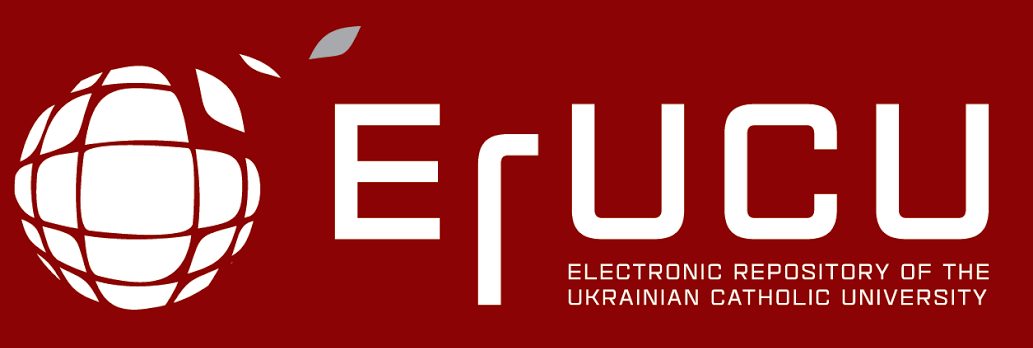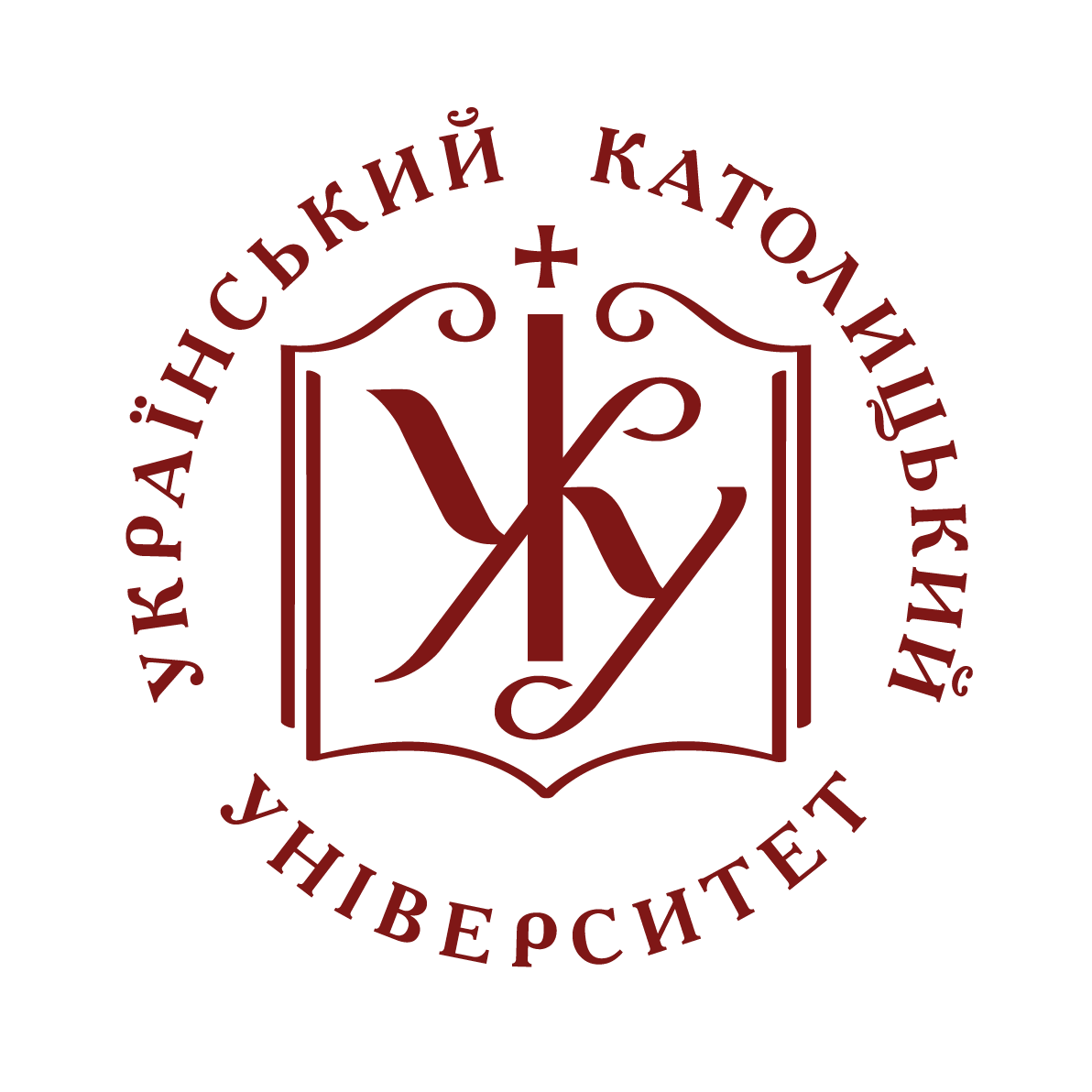- Домівка
- →
- Faculty of Health Sciences | Факультет наук про здоров’я
- →
- Кафедра соціології [стара організаційна структура]
- →
- Статті
- →
- Перегляд матеріалів
Сценарії JavaScript вимкнено для Вашого браузера. Деякі функції цього сайту не будуть працювати без них.
Показати скорочений опис матеріалу
| dc.contributor.author | Sereda, Viktoriya
|
|
| dc.date.accessioned | 2015-12-29T15:28:12Z | |
| dc.date.available | 2015-12-29T15:28:12Z | |
| dc.date.issued | 2015-09-16 | |
| dc.identifier.citation | Sereda Viktoriya. Ukraine After Euromaidan: What Difference Does a Revolution Make? Atlintic Council. - September 15, 2015. | uk |
| dc.identifier.uri | http://er.ucu.edu.ua/handle/1/432 | |
| dc.identifier.uri | http://www.atlanticcouncil.org/blogs/new-atlanticist/ukraine-after-euromaidan-what-difference-does-a-revolution-make | en |
| dc.description.sponsorship | Harvard Ukrainian research insitute | uk |
| dc.language.iso | en | en |
| dc.publisher | Atlantic Council | en |
| dc.subject | national identity in Ukraine | en |
| dc.subject | regionalism in Ukrane | en |
| dc.subject | social sciences | en |
| dc.title | Ukraine After Euromaidan: What Difference Does a Revolution Make? | en |
| dc.type | Article | en |
| dc.status | Опублікований і розповсюджений раніше | uk |
| dc.description.abstracten | New research shows that Russia’s annexation of Crimea and its military operations in the Donbas have rekindled Ukrainian nationalism. The Euromaidan effect on Ukrainians’ attitudes towards history is that for the first time, Ukraine has heroes and historical events commonly accepted in all regions, creating key markers for historical identity that are shared by all inhabitants. | uk |
| dc.relation.source | Atlantic Council | en |


